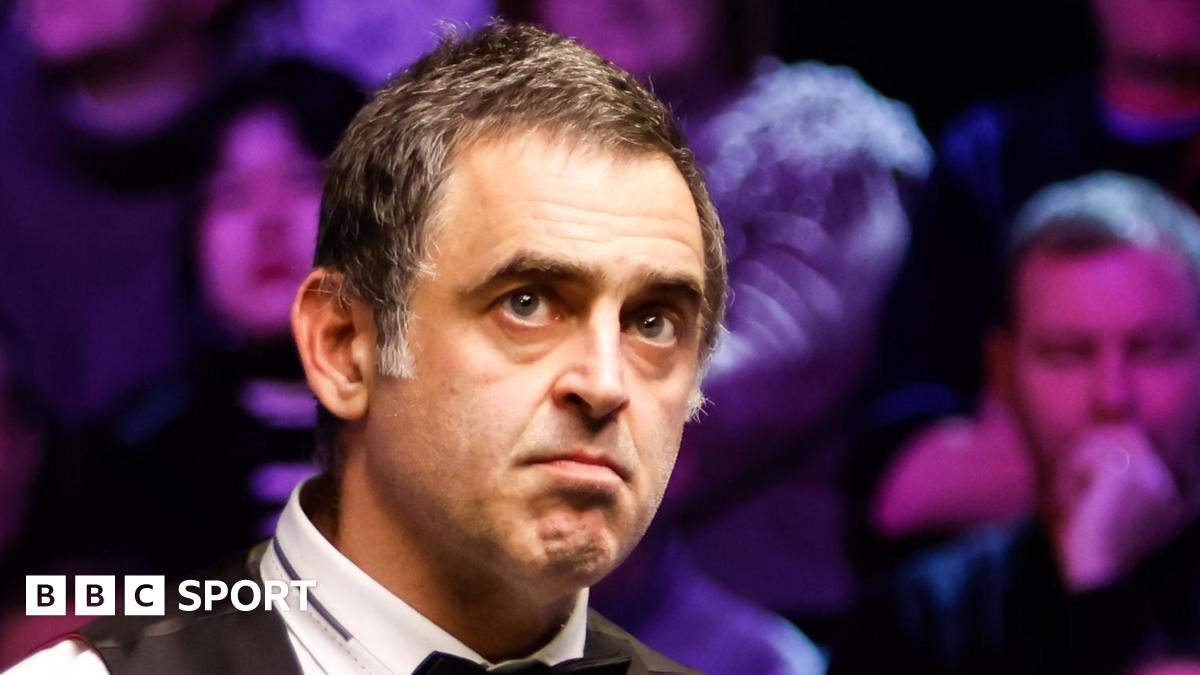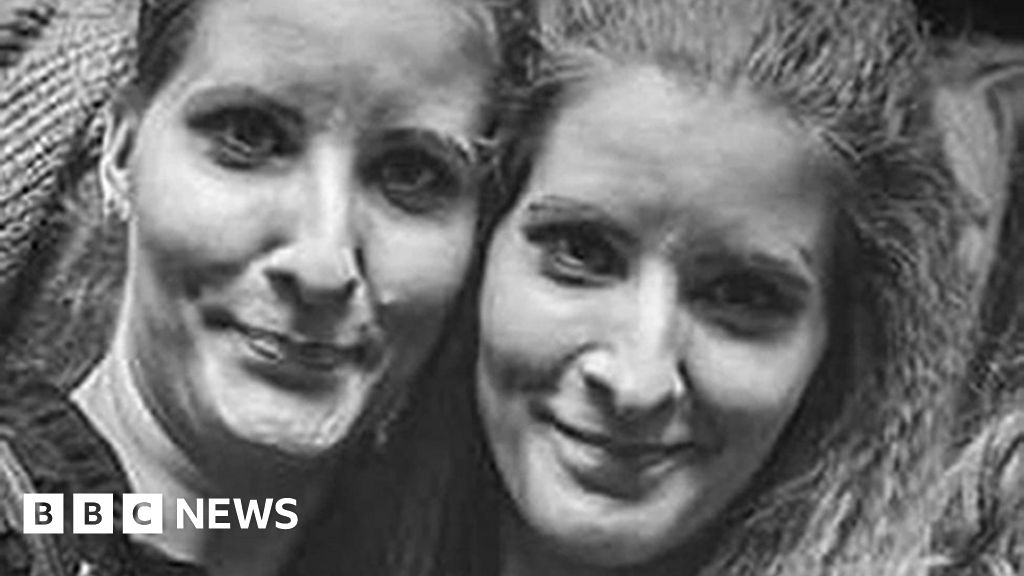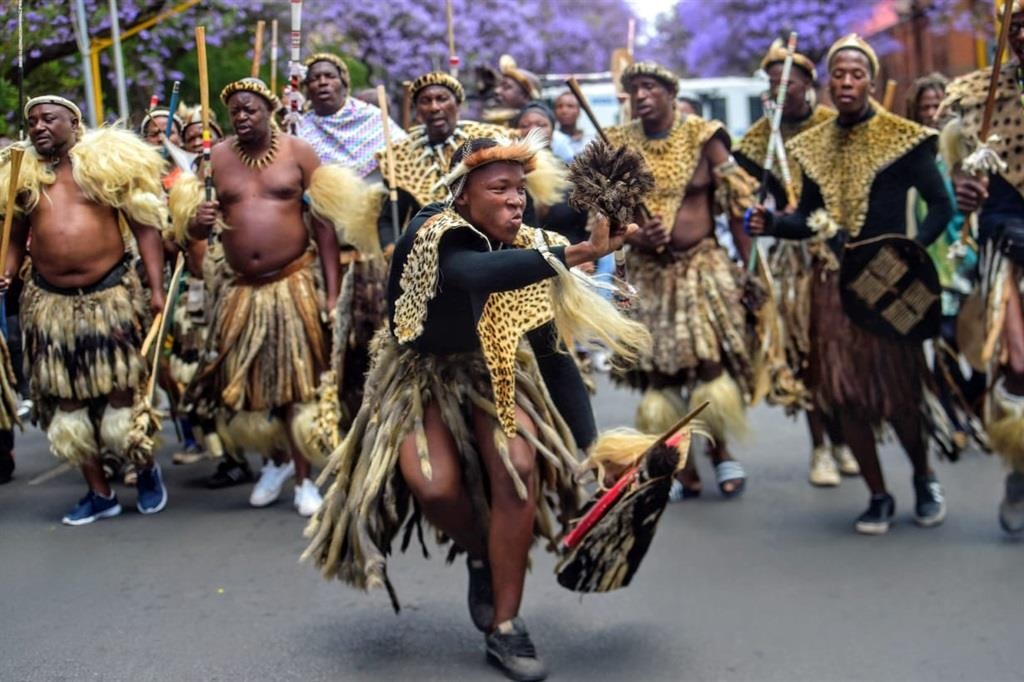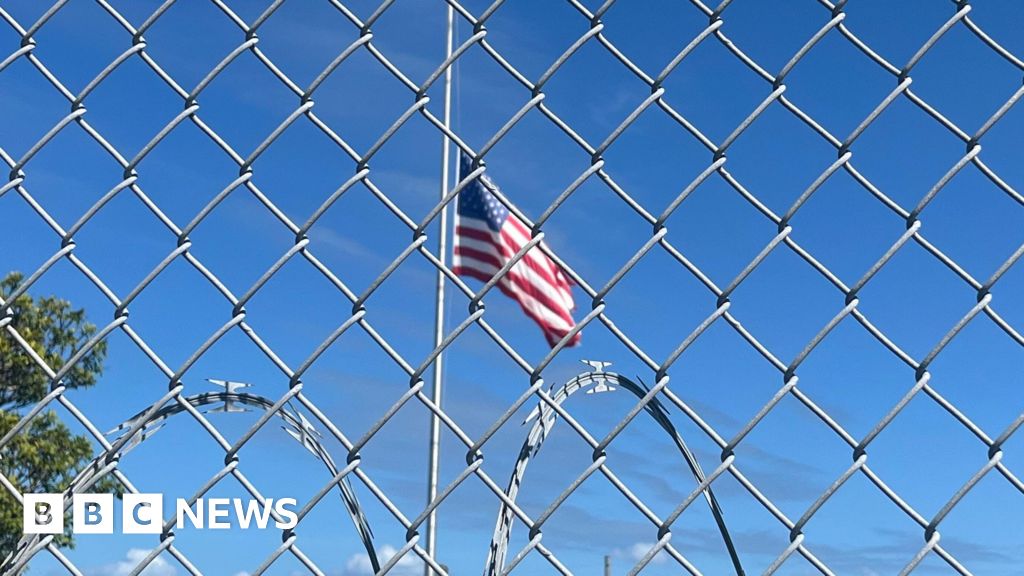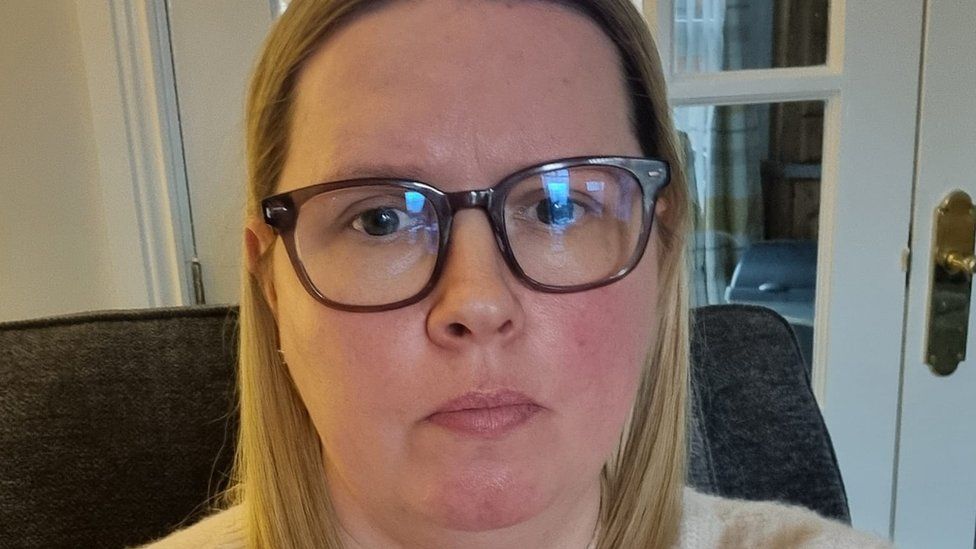 Image source, Jeanitta McCabe
Image source, Jeanitta McCabe
Jeanitta McCabe saw her father being shot by the IRA in their family home 33 years ago
A woman who saw her father being shot by the IRA has been turned down for a Troubles victims payment despite her mother being approved.
Peter McCabe was shot in his family home in Newry in 1990.
However, the board overseeing the Troubles Permanent Disability Payment (TPDP) denied Jeanitta McCabe's application, saying the shooting was not a "Troubles-related incident".
She said she was completely floored by the decision.
Ms McCabe, who witnessed the attack along with her mother, said the impact of that night had never left her family.
"The terror and the fear that was instilled in us on that night, it will be with us for the rest of our lives, they are our scars that we have to carry," she told BBC News NI.
Image source, Jeanitta McCabe
Image caption,Jeanitta McCabe says the impact "has never never left" her family
Kevin Winters, a lawyer who represents the family, said the decision to turn down Ms McCabe but accept her mother was "inconsistent and, to be frank, quite bizarre".
The Victims' Payment Board, which oversees the scheme, said it could not comment on individual cases but that "every avenue will have been explored before a determination is arrived at by a panel".
What is the Troubles payment scheme?
The TPDP scheme was set up to compensate those permanently physically or psychologically disabled as a result of an injury related to the Troubles.
Peter McCabe was shot in the leg after multiple masked IRA men entered the family home.
Ms McCabe has PTSD and also suffers from fibromyalgia, which she said was worsened by the stress of what she saw in 1990 when she was 10 years old.
As such, she said she was deemed to meet the disability criteria for the scheme.
However, the Victims' Payments Board told her she was not eligible because the incident was not Troubles-related.
She appealed the decision but that too was rejected.
Image source, Jeanitta McCabe
Image caption,Jeanitta McCabe's father (centre) was also rejected from the scheme, while her mother (left) was accepted.
Ms McCabe's father, who survived the shooting, was also rejected from the scheme but her mother was accepted.
The Victims' Payment Board have issued guidance that paramilitary-style attacks do not fall within the definition of a Troubles-related incident.
It determined that members of a paramilitary group acting as vigilantes against "a person who was engaged in or was perceived as being engaged in 'anti-social behaviour' or crime" should not fall within their remit.
It was on these grounds that the applications of Ms McCabe and her father were rejected.
However, the McCabe family deny that he was shot in a paramilitary-style attack and say the bar to prove otherwise is unreasonably high.
Ms McCabe said she found herself "at the hands of a board who, for want of better words, are telling me: 'You're a victim, but you can't prove why you are a victim, so you're not entitled.'"
In a statement to BBC News NI, the Victims' Payment Board said it is "committed to conducting the most comprehensive and exhaustive assessments of applications from victims of the Troubles".
"While the VPB is unable to comment on individual cases we can confirm that every avenue will have been explored before a determination is arrived at by a panel," the statement continued.
Mr Winters, from KRW Law, said the implications for the decision extended beyond this individual case.
Mr Winters disagrees with the decision of the board not to consider paramilitary-style attacks as Troubles-related.
He added: "It sets the bar very, very high in terms of the evidential threshold that a victim must establish before the incident giving rise to their injuries would be considered a Troubles-related incident.
"Mr McCabe said he didn't know why he was attacked and that honesty on his part was used against him."
 (1).png)
 11 months ago
30
11 months ago
30

